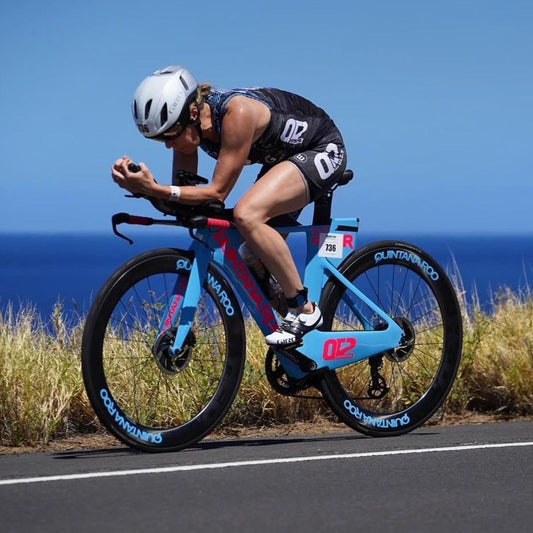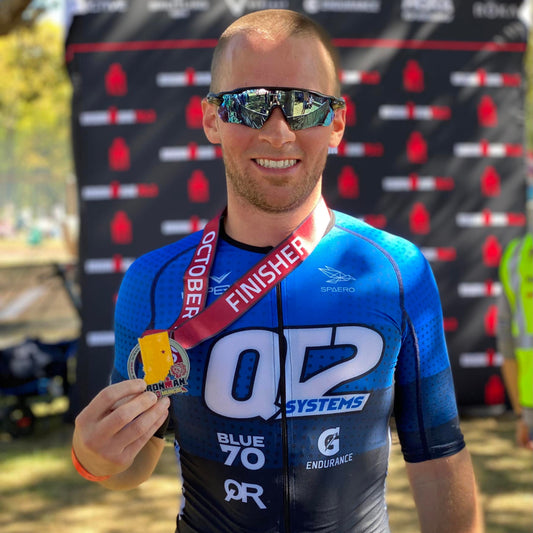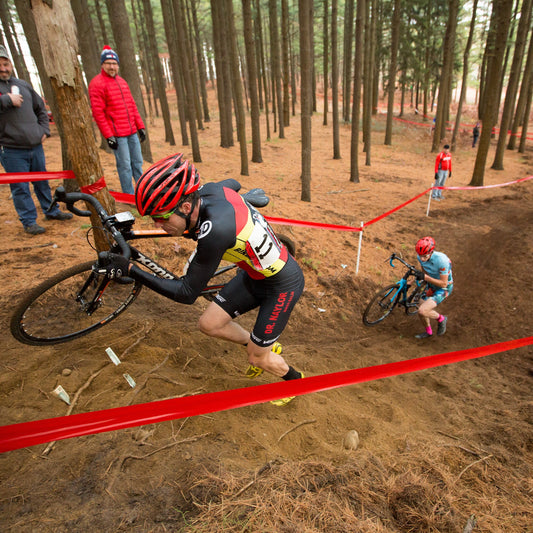You’ve just finished your A-race for the year. Whether it was 70.3 Worlds in Nice, Ironman Wisconsin, or a multi-sport event, you’re now faced with the question: ‘What’s next?!’ A flurry of Google searches later and you might start toying with grand ideas of Ironman Florida or Ironman Arizona later in the fall. Then maybe start having conversations with your coach about extending your season.
Not so fast. With the advent of a longer Ironman racing calendar, athletes are more tempted to elongate their seasons than ever before, extending into the holidays and beyond. It can feel strange to suddenly set aside formal training and many people are cognizant of the big hole it feels like it leaves in their lives.
It's important to acknowledge that hole and truly tune out for a while to recover. Or even take a dare I say, “off season”.
Many athletes cringe at the idea of taking time off. Afraid they’ll lose too much fitness or gain weight. Let me assure you - an off season is nothing to fear!
As much as “recovery” and “rest” can be buzzwords in the endurance sports community, the importance of rest is one of the most crucial aspects for long term athletic progress. This is even more important after completing a big goal race.
Physically you may feel up to the challenge of getting back to full training after just a few days, but there can be deep seated fatigue that accumulates over the course of an entire training season. It is better to prioritize sleep, nutrition, and relaxation for a bit longer than you feel you need just to make sure you’re truly ready when it's time to get going with serious training again. Your coach can help guide you with a few weeks of light training or with a “do what you feel like” plan. A good tactic can also be to take a vacation or plan a fun gathering after a goal race to take advantage of those free hours. It can be a great time to reconnect with friends or loved ones who you may have missed during long training weekends all summer.
The second aspect of recovery is the most overlooked, and that is the mental recovery required after a goal race. This is why an offseason or short break can be really effective. Many triathletes love training to a schedule and find joy in “checking the boxes”, but it's important to take the time to be unstructured with your training and rest at the end of the season for the mental relief as well as physical relief. Over a long season, your brain becomes taxed by prioritizing training each day and this can lead to burn out if an athlete does not take the time to check out of triathlon. Letting go of thoughts of Master’s swims, Z2 intervals, and brick runs for a couple weeks (or even a month!) can do wonders for your mental health.
So go ahead. Live a little. Give yourself permission to sleep in a bit longer. Go for daily walks with your partner. Try a trail run or mountain bike ride as a family. You might be surprised how letting go can be just what you need to get fired up for next season.
This post was written by Coach, Taylor Mahan-Rudolph.





